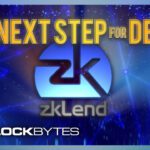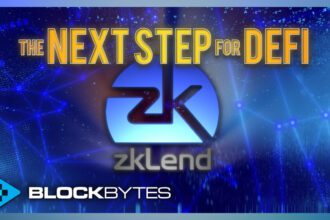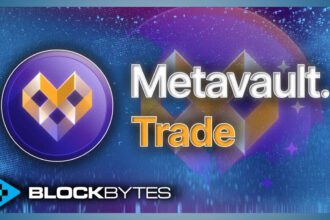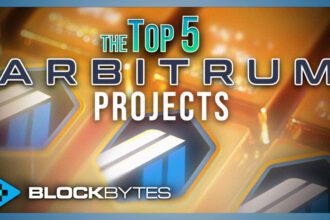Proof-of-Reserves
Grayscale GBTC Trust, the largest legal holder of BTC, refuses to provide any Proof of Reserve amidst concerns the firm will be the next to succumb to the ‘FTX contagion’. The firm has stated that it will publicly make any on-chain wallet information available due to ‘security concerns.’ Grayscale claims to hold about 633k BTC.
What is GBTC?
GBTC is a product created by Grayscale, a digital currency investing and cryptocurrency asset management platform. Institutions and individuals alike were able to gain exposure to Bitcoin through GBTC without the perils of self-custody.
GBTC shares could be acquired either through an over-the-counter market/brokerage or ‘mint’ them by depositing Bitcoin into the trust and receiving an equivalent number of shares that could be sold in 6 months.
However, as Grayscale never successfully became a SPOT ETF ( Exchange-Traded Fund), its share prices did not track Bitcoin prices closely and float freely based on market dynamics.
When GBTC prices sank below their weight in Bitcoin, the ‘GBTC arbitrage’ was popularized by Su Zhu, who likely preached the same strategy to many other venture funds.
Zhu also shared his views publicly on social media. As Grayscale’s applications for SPOT ETF classification continued to be rejected and Bitcoins price tumbled down from its previous peaks, GBTC shares started trading at steeper and steeper discounts.
Currently, GBTC is trading at a 45% discount to its NAV (Net Asset Value). This means that at Bitcoin’s current price of ~$16,500, you only need to have $9075 of GBTC to have exposure to a whole Bitcoin.
Why You Probably Shouldn’t Buy GBTC
Thanks to thin liquidity and mass capitulation during crypto winter, many investors have had to sell their GBTC on the open market at less than favorable prices. As the underlying BTC is held in a trust and not an ETF, GBTC cannot simply be redeemed for Bitcoin and held or sold. This forces potential sellers wishing to exit their GBTC position to unload their holdings on the open market where demand falters.
Grayscale, Genesis, and the Digital Currency Group
Major concerns over GBTC reserves surfaced when sister company Genesis paused withdrawals and new loan originations. Both platforms are owned by the parent company Digital Currency Group (DCG), a venture capital company. Other subsidiaries include CoinDesk, Foundry, and Luno.
Andrew Parish, co-founder of ArchPublic, in a tweet on November 21, claimed that DCG owes $1.1 billion to Genesis via a previously undisclosed promissory note hidden from potential investors. He believes hidden funds are the primary reason DCG and Genesis seek $1 billion in emergency funding from investors.
DCG has already provided $140 million to Genesis after it disclosed nearly $175 million locked in an FTX trading account. However, it wasn’t enough and forced Genesis to pause redemptions, withdrawals, and new loan originations.
DCG also bailed out Genesis from Three Arrows Capital exposure worth $1.2 billion in July 2022. Some believe failing to raise capital may force DCG and Grayscale to dissolve GBTC and ETHE trusts, which are already trading at over 40% discount. This could potentially have more impact than FTXs fallout.
Coinbase/Grayscale ‘Assets are fine’
Coinbase has released a statement directed to Grayscale Investments to reaffirm that all assets underlying Grayscale’s digital asset products are held in Coinbase custody. Coinbase would go on to say that the digital assets of each Grayscale product can be confirmed on-chain.
Grayscale has assured the public that Coinbase frequently performs on-chain validation. Still, due to security concerns, they would not make such confirmation publicly available through “a cryptographic Proof-of-Reserve, or other advanced cryptographic accounting procedure.”
Founder of Messari, Ryan Selkis, has tweeted the following to reassure users.
Closing Thoughts
The GBTC/Grayscale story is an ongoing development with many interweaving stories at play. Stay tuned to Blockbytes.com for the full story as it develops.














